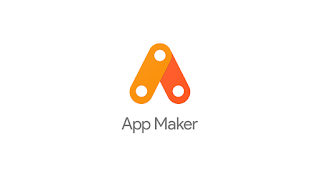App Maker, Google’s low-code tool for building business apps || Univ_Techs
App Maker is available with G Suite Business, Education, and Enterprise editions. Sign in to an account provided by your school or employer and start building apps now.
It’s been a year and a half since Google
announced App Maker, its online tool for quickly building and deploying
business apps on the web. The company has mostly remained quiet about
App Maker ever since and kept it in a private preview mode, but today,
it announced that the service is now generally available and open to all developers who want to give it a try.
Access
to App Maker comes with any G Suite Business and Enterprise
subscription, as well as the G Suite for Education edition. The overall
idea here is to help virtually anybody in an organization — including
those with little to no coding experience — to build their own
line-of-business apps based on data that’s already stored in G Suite,
Google’s Cloud SQL database or any other database that supports JDBC or that offers a REST API.
To do this, App Maker provides users with a low-code application
development environment that lets you build applications through a
straightforward drag and drop environment. Though it takes a bit of work
to set up the database connectivity, once that’s done, the actual
design part looks to be pretty easy — and thanks to a set of responsive
templates, those final applications should work, no matter whether you
are on a phone or desktop.
While many applications will likely
rely on a database, it’s worth noting that developers can access Gmail,
Google Calendar, Sheets and other data sources as well. In total, App
Maker offers access to 40 Google Services. Unlike other low-code
services, Google’s
App Maker seems to focus mostly on Google’s own services and doesn’t
offer built-in connectivity with third-party services like Salesforce,
for example. Chances are, of course, that now that App Maker is out of
preview, Google will start adding more functionality to the service.
You can learn how to get started with Google_developer's and codelab.






Comments
Post a Comment